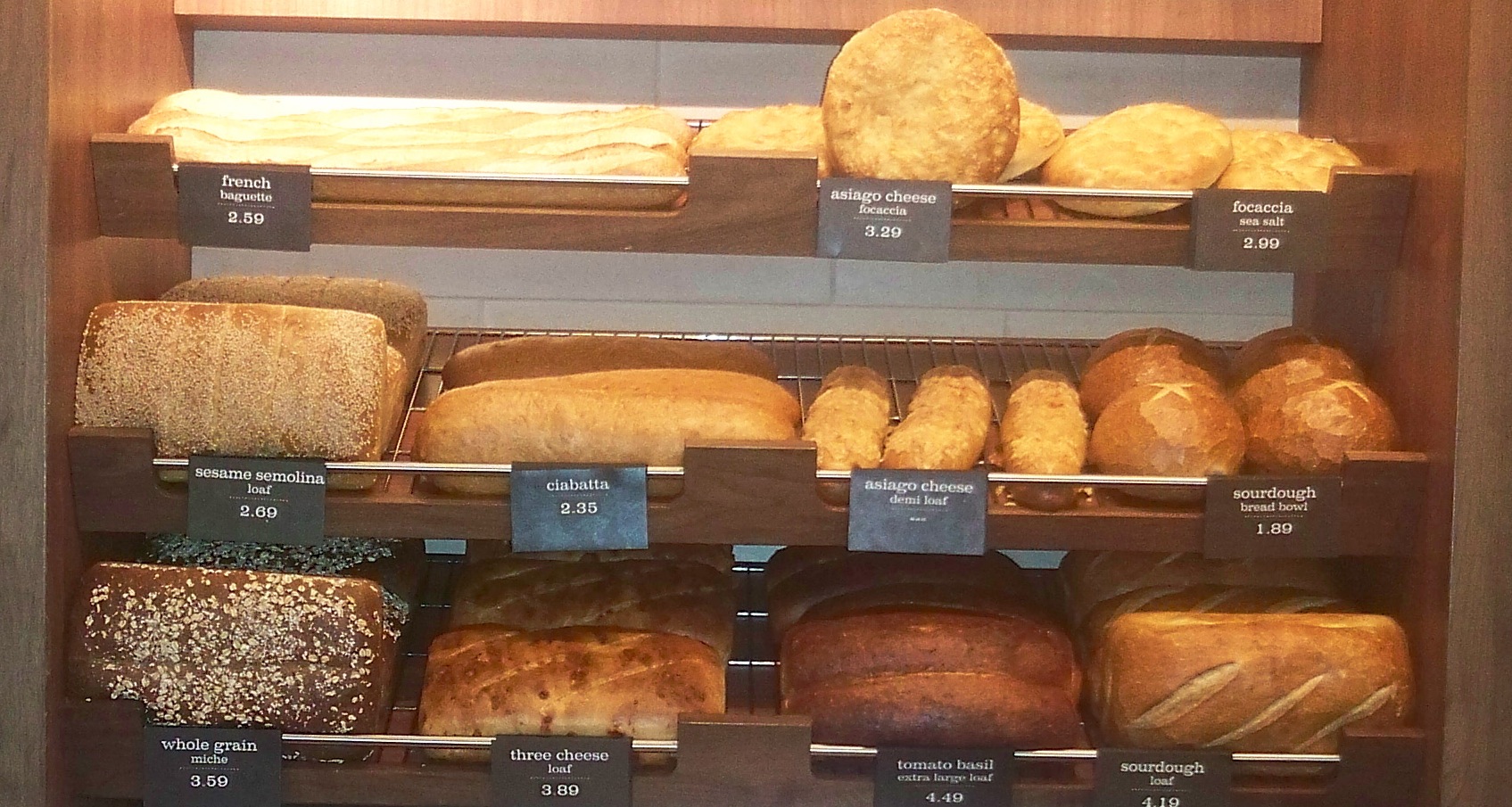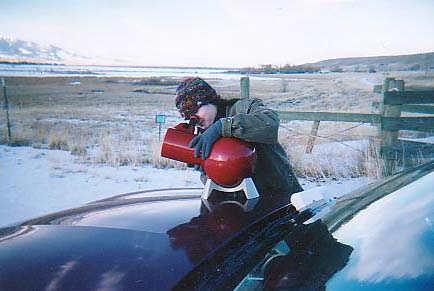In a social group, if a mom gets comfortable, she can spend years just chatting with those other moms without paying much attention to her own children other than keeping them fed, clothed and safe. If they're in school, that's not so bad.
If they're unschooled, though, the bulk of her time and energy should be with, on, about THEM, and the family, and the relationships. Unschooling should be better than school; if it's not, the kids would be better off in school.
Any unschooler who wants to do just the bare minimum of what she "has to do" to be considered (by whom!?) an unschooler is NOT unschooling well or right.
It needs energy, activity, interactivity, flow, sparkle, joy.
People who come
[to a discussion group] with ANY amount of Eeyore attitude, and those who defend that, are dragging people under and I don't want to condone that or provide a forum for anyone to drag potentially joyful people into a hole, justifying complaints, collecting negativity.
Please don't try to turn your unschooling into social groups. Don't look for "a tribe." Don't put your loyalty toward an unschooling group, or a conference. When that group becomes complacent, or negative, then you will, too.
Find a way to unschool confidently, even if all your other friends buy a curriculum or put their kids in school.
SandraDodd.com/positivity
photo by Annie Regan
(source, on facebook)




















